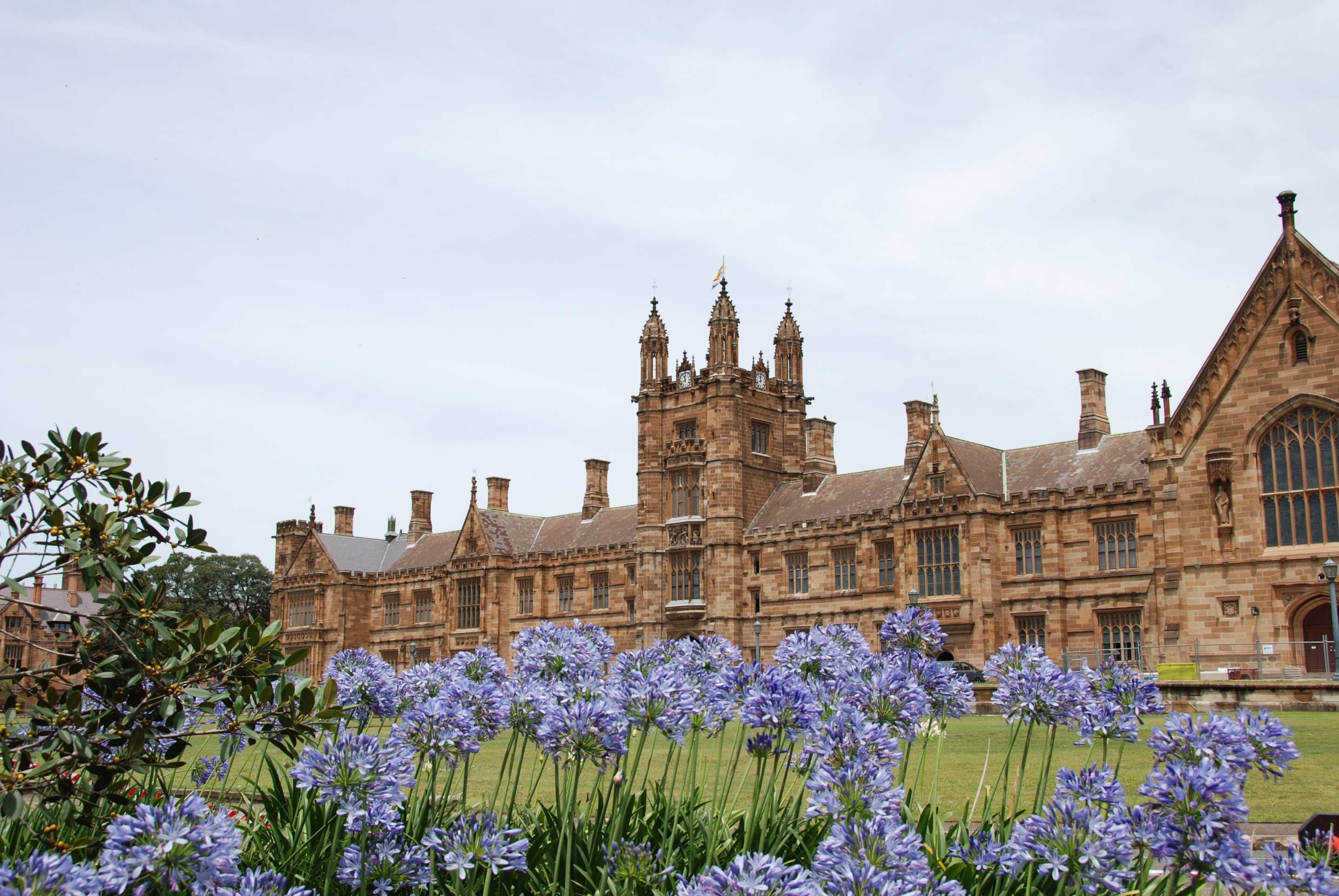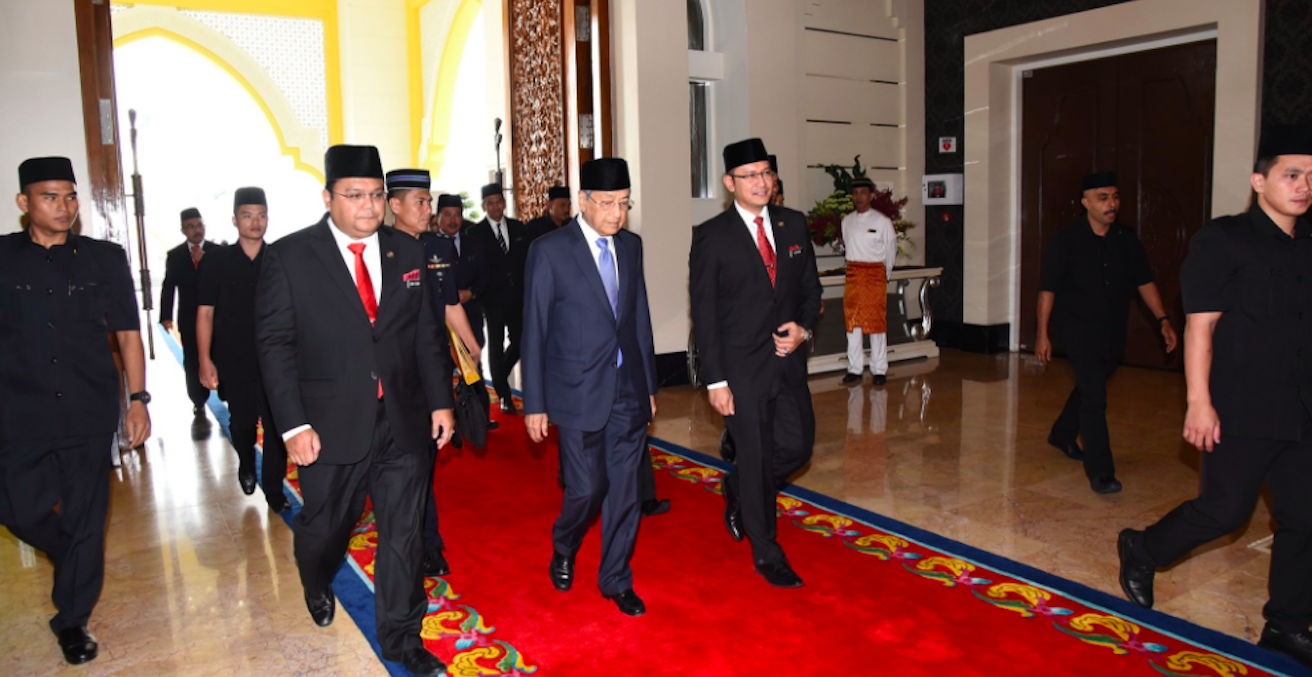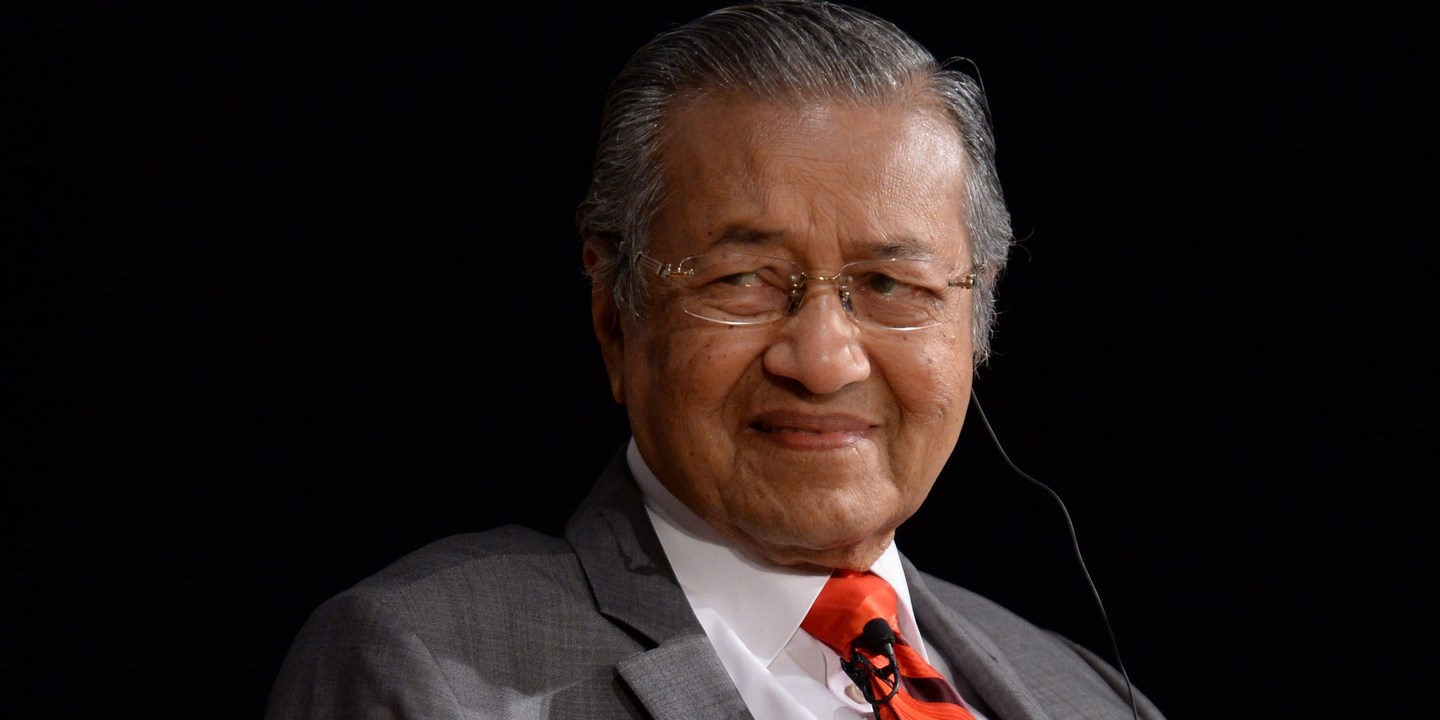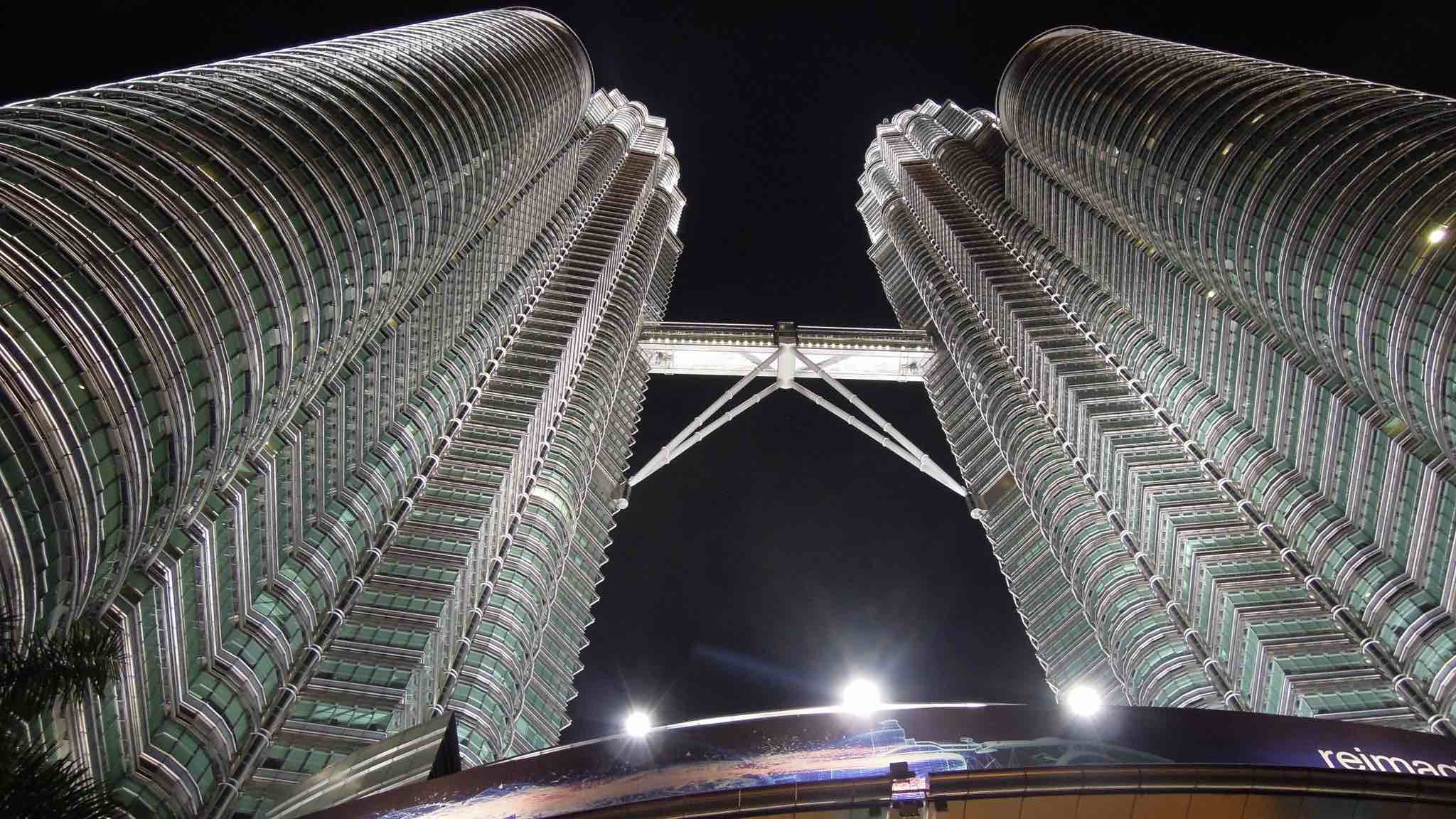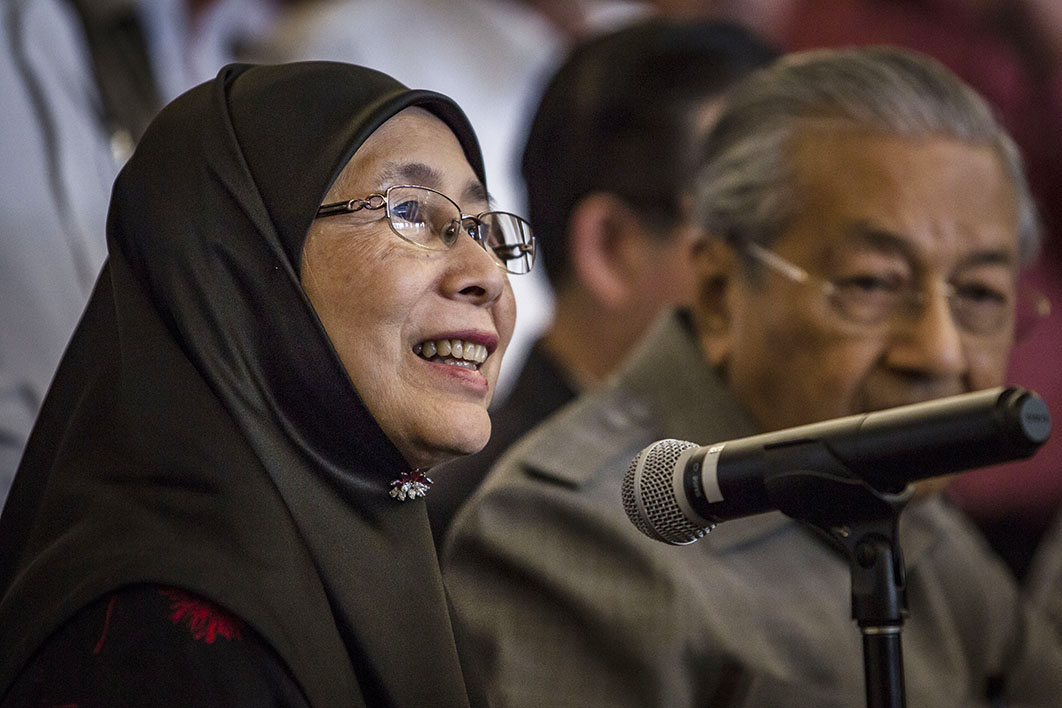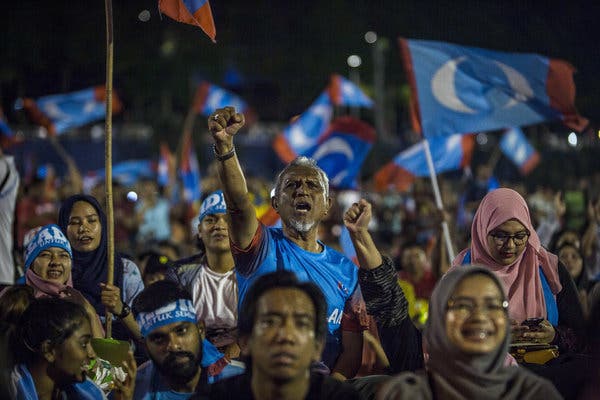Petronas Towers, Kuala Lumpur (Photo: David McKelvey/Flickr)
The Interpreter has published an article of mine that analyses the immediate post-election situation in Malaysia; as the country adjusts to a non-Barisan Nasional government for the first time, many decisions must be made by the new Harapan coalition government over how to implement the reforms Malaysians have shown they want. The defeated UMNO Party’s next moves are yet to be determined, while Malaysia’s new leader Mahathir Mohamad has announced to the world that Malaysia is open to most foreign investment. Mahathir is also moving fast to reinstate an investigation into now resigned UMNO leader Najib Razak’s connection with the 1MDB scandal, preventing Najib from leaving the country on the weekend.
Malaysia: what now?
Malaysians have rejected Barisan Nasional so overwhelmingly that the electoral system designed to protect its rule has been overcome. The party received its lowest popular vote in history, around 36%, and won only 79 seats in a 222-seat federal parliament.
The once multiracial coalition has been stripped back to 54 seats held by core party United Malays National Organisation (UMNO), with another 13 held by United Bumiputera Heritage Party (PBB), UMNO’s partner in Sarawak state. There is barely any representation left from its other component parties, including the Malaysian Chinese Association and the Malaysian Indian Congress.
On Sunday night, police cordoned off defeated former prime minister Najib Razak’s street, after Malaysia’s new leader Mahathir Mohamad stopped him from leaving the country on the weekend. Mahathir is moving fast to reinstate an investigation into Najib’s connection with the billions of dollars missing from Malaysia’s 1MDB development investment company.
The rout has been comprehensive. Before the election, however, Malaysians weren’t prepared to give their voting intentions away without a lot of careful prompting. Read more
